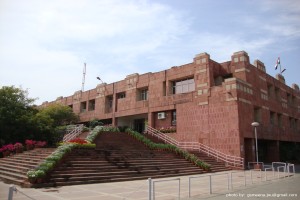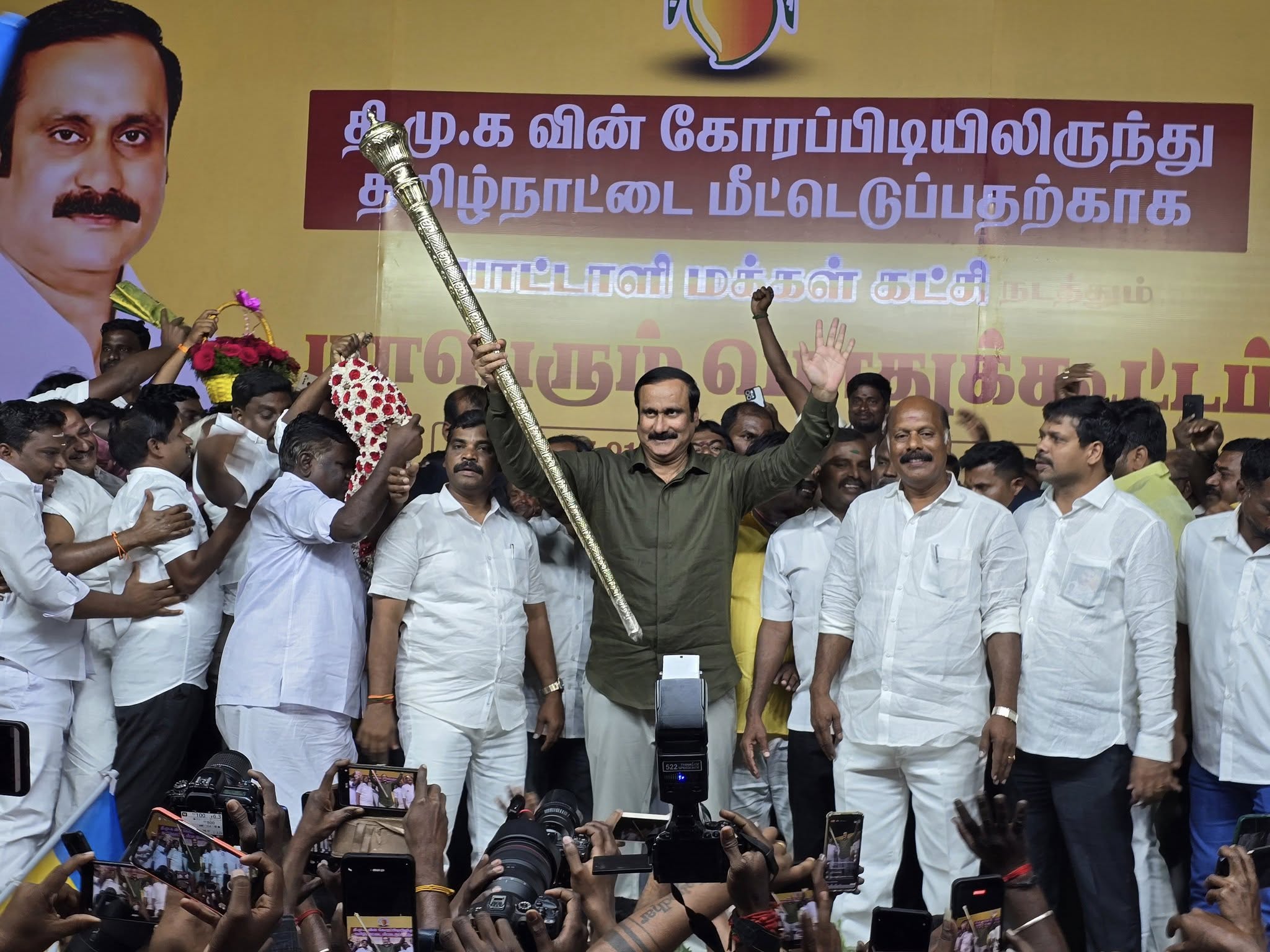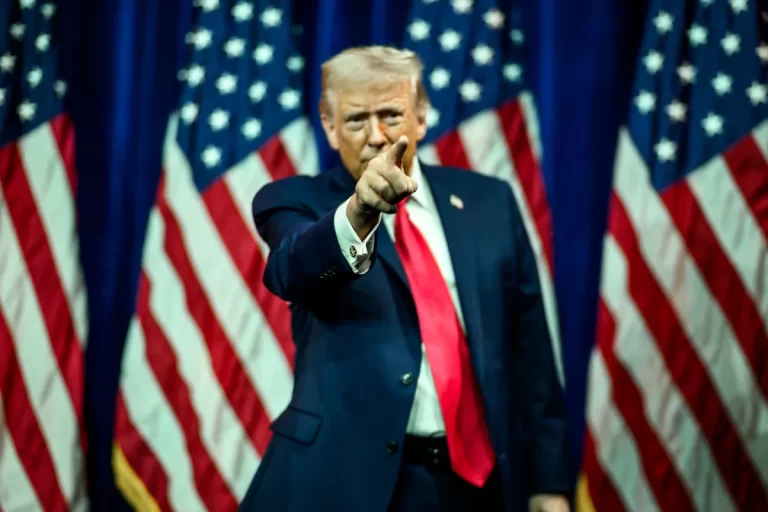
New Delhi: President Ram Nath Kovind, who addressed the 4th annual convocation of Jawaharlal Nehru University, (after a hiatus of more than four decades, JNU reintroduced the convocation ceremony with the second convocation in 2018 followed by the third convocation in 2019), here today through a video message, quoted the architect of Indian Constitution, Dr. Babasahab Ambedkar’s words, “I want all people to be Indian first, Indian last and nothing else but Indians.” to remind the students that the great social revolutionary had always considered the country‟s interest to be the foremost.
The President also invoked Mahatma Gandhi and quoted him saying, “All education in a country has got to be demonstrably in promotion of the progress of the country in which it is given”. He said attainment of social and economic freedom by many segments of the people of India “is a work in progress”, and added: “The country is moving in that direction. The guidance of Mahatma Gandhi and Babasahab Ambedkar for serving the country and its people should be followed by students of all the Universities.”
The President further highlighted JNU giving recognition and accreditation to the two institutes of defence education and research “which enhances the holistic character of the University”.
Kovind pointed out the significant historical coincidence that JNU began functioning in the year of Mahatma Gandhi‟s Centenary in 1969, and noted that former President late KR Narayanan had once served as Vice-Chancellor of this university. He further mentioned that Finance Minister, Smt. Nirmala Sitharaman and Minister of External Affairs Dr. S. Jaishankar are former students of JNU.
“You are part of one of the most diverse and vibrant intellectual communities, with highly accomplished students and faculty. The University has produced many eminent personalities and has been guided by some of the greatest minds,” he said and expressed his pleasure over JNU receiving the highest-ranking grade from National Assessment and Accreditation Council. “It is consistently ranked number 2 among all the Universities under the National Institutional Ranking Framework of the Government of India. I congratulate the team of JNU for maintaining this rank during the current year 2020 also,” he said.
The President said elements of multi-disciplinary approach to higher education emphasised by the National Education Policy 2020 have been there in the philosophy of learning adopted at JNU. “I appreciate every person associated with JNU for setting high standards in various academic domains. Ranging from social sciences to science and technology, both teaching and research here have made an impact in the world of academics. That is why JNU attracts students from all parts of the country and even from abroad. About 15 percent of the students joining the University every year, representing 30 to 35 countries,” he said.
Kovind’s assertions assume significance in the wake of the recent incidents of violence in JNU. On 5 January 2020, more than 50 masked people armed with rods, sticks and acid had gatecrashed and attacked the students and teachers, injuring more than 39 students and teachers. Many students had received serious injuries. The University has traditionally been a citadel of Left ideology, and when the university blamed the attack on a “group of students” opposing an ongoing admission process to register new students, there were reports widely published that indicated that the statement referred to leftist students who had been protesting against the fee hike. Moreover, there were violent clashes at the university over the rise in hostel fees, last year too, and the alleged sedition row in 2016 had invited nationwide attention.
The President referred to Swami Vivekananda, who statue was recently unveiled by Prime Minister Narendra Modi in the JNU campus, and said the genius of India found one of its finest expressions in the personality, actions and sermons of Swami Vivekananda – “The statue will keep reminding the students of the universal ideals preached and practiced by Swamiji”.
He further quoted Vivekanand – “Education is not the amount of information that is put into your brain and runs riot there, undigested, all your life. We must have life-building, man-making, character-making assimilation of ideas. If you have accumulated five ideas and made them your life and character, you have more education than any man who has got by heart a whole library…”
Kovind also called upon the students and faculty to draw inspiration from the exalted centres of learning in ancient India. “Universities in Takshashila, Nalanda, Vikramshila and Vallabhi had set high standards of teaching and research. Scholars and students from all across the world came to those centres to attain specialised knowledge or „Vigyan‟. That ancient system, which had many elements of modernity, produced great scholars such as Charaka, Aryabhata, Chanakya, Panini, Patanjali, Gargi, Maitreyi and Thiruvalluvar. They made invaluable contributions to medical science, mathematics, astronomy, grammar and social development. People from other parts of the world translated the works of Indian scholars and used the learning for further advancement of knowledge. Today‟s Indian scholars should try to create such an original body of knowledge which is utilised for dealing with contemporary global 5 challenges. JNU is among those select institutions of higher learning which can reach globally comparable excellence,” he said.
– globalbihari bureau





